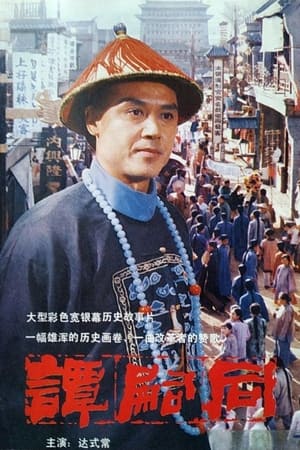
1933: The Fall of Weimar Republic(2020)
history
The Weimar Republic came to bear for many the humiliation of World War I and the blame for all its accompanying hardships. Despite a few years of stability, the Weimar Republic faced issues such as hyperinflation and the Great Depression, which drove many Germans into the arms of radical and extremist political parties. From this political uncertainty rose a demigod, an unexpected leader who promised to revive Germany to the powerful country it once was. Adolf Hitler converted democracy into a dictatorship, causing the fall of the Weimar Republic.
Movie: 1933: The Fall of Weimar Republic

1933: The Fall of Weimar Republic
HomePage
Overview
The Weimar Republic came to bear for many the humiliation of World War I and the blame for all its accompanying hardships. Despite a few years of stability, the Weimar Republic faced issues such as hyperinflation and the Great Depression, which drove many Germans into the arms of radical and extremist political parties. From this political uncertainty rose a demigod, an unexpected leader who promised to revive Germany to the powerful country it once was. Adolf Hitler converted democracy into a dictatorship, causing the fall of the Weimar Republic.
Release Date
2020-10-01
Average
0
Rating:
0.0 startsTagline
history
Genres
Languages:
EnglishDeutschKeywords
Similar Movies
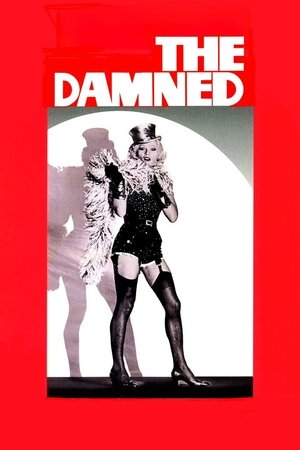 7.3
7.3The Damned(it)
In the early days of Nazi Germany, a powerful noble family must adjust to life under the new dictatorship regime.
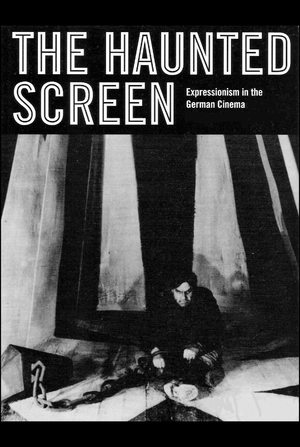 0.0
0.0The Haunted Screen: German Film After World War I(en)
In this film essay, critic Peter Buchka explores the German cinema of the 1920s, ranging from the disquieting images of Fritz Lang's Metropolis to the castrating sexuality of Marlene Dietrich in Die Blaue Engel. The program provides an introduction to Weimar cinema, with Buchka's essay narrated over the images from film clips of 1920s era German films.
 7.2
7.2Asphalt(de)
One of the last great German Expressionist films of the silent era, Joe May’s Asphalt is a love story set in the traffic-strewn Berlin of the late 1920s. Starring the delectable Betty Amann in her most famous leading role, Asphalt is a luxuriously produced UFA classic where tragic liaisons and fatal encounters are shaped alongside the constant roar of traffic.
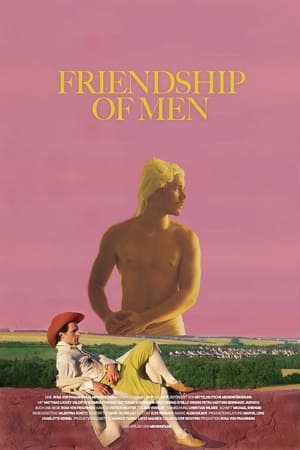 5.5
5.5Friendship of Men(de)
In this docudrama Rosa von Praunheim looks into Johann Wolfgang von Goethe’s sexual orientation, especially into his erotic experiences during his travels in Italy. Contrary to the common belief, von Praunheim argues that Goethe was not a heartbreaker and conqueror after all. It was only in Italy, that he had diverse sexual experiences, not least with men. Von Praunheim bases his assumption on letters written by Goethe to his friend Friedrich Heinrich Jacobi about these sexual encounters. Some of the content of these letters is re-encated in the film. At the same time, historians and linguists analyse and classify the letters into their historical context.
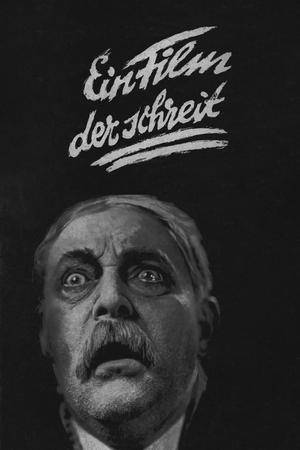 8.0
8.0Bookkeeper Kremke(de)
In this realistic, unsentimental portrait of Germany’s dire economic situation, a middle-aged payroll clerk loses his job due to technological advances and, unable to find another, descends into despair. The film’s director, Marie Harder, was one of only a few women directors of the time and was also the head of the German Social Democratic Film Office. She made only two known films before her accidental death in exile in Mexico in 1936.
 0.0
0.0Erfurt - Gesichter eines Bezirkes(de)
Documentary film about the agricultural and industrial district in Thuringia. The focus is on the district town of Erfurt, with Gotha, Eisenach and Weimar as other towns worthy of mention and steeped in tradition. This documentary, which has the characteristics of a promotional film, still bears witness to the wealth of its owners and the cities, but more than ever to all those who used their skills in the context of monument protection in the GDR to restore these buildings with their Gothic and Renaissance splendor and preserve them for posterity forever.
 10.0
10.0Motherland(en)
A lighthearted psychodrama about mommy issues and Hillary Clinton.
13. Parteitag der Liberal-Demokratischen Partei Deutschlands, Weimar 1982(de)
Report from the party congress of the Liberal Democratic Party of Germany (LDPD) from April 5 to 7, 1982 in Weimar.
 6.1
6.1Chappaquiddick(en)
Ted Kennedy's life and political career become derailed in the aftermath of a fatal car accident in 1969 that claims the life of a young campaign strategist, Mary Jo Kopechne.
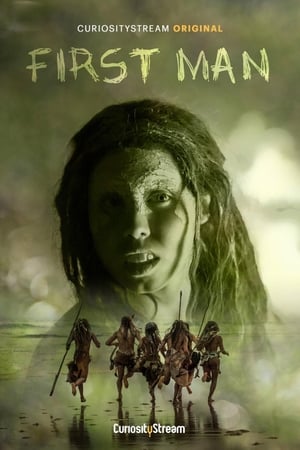 8.3
8.3First Man(en)
Man’s early ancestors set off to conquer the world, to explore the unknown, to adapt to every environment. And one day, to conquer fire – a discovery that made them invincible. They built shelters. They transformed their environment. But still this did not slake their thirst for more. They sought to fathom Nature’s mysteries. They invented stories to explain the inexplicable. Now, they are Men. Here, for the very first time in television history, is the saga of our origins, told through the story of one single family - an epic journey upon which the latest scientific discoveries shine an exciting new light.
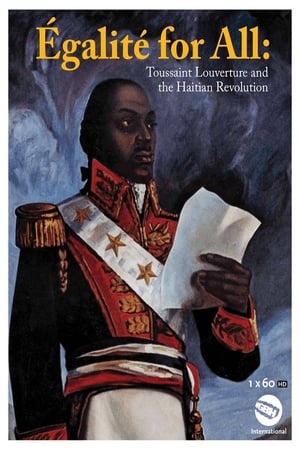 0.0
0.0Egalite for All: Toussaint Louverture and the Haitian Revolution(en)
The Haitian Revolution represents the only successful slave revolution in history; it created the world's first Black republic --- traumatizing Southern planters, inspiring U.S. Blacks, and invigorating anti-slavery activist world-wide. At the forefront of the rebellion was General Toussaint Louverture, an ex-slave whose genius was admired by allies and enemies alike.
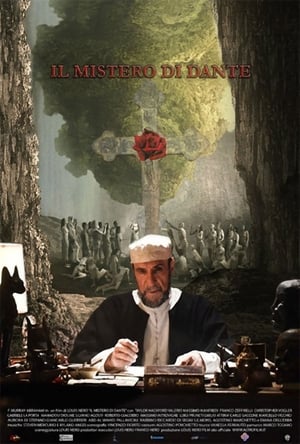 5.2
5.2The Mystery of Dante(it)
A journey in the footsteps of the most famous initiate of Italian Trecento, the author of the celebrated "Divine Comedy". A poet who has inspired some of the most outstanding minds in History.
 2.8
2.8Dreams of Love(hu)
This is a romantic biographical film about Franz Liszt. In a distinguished saloon of Paris, the unknown composer, Liszt, defeats the renown Thalberg at a piano competition. Through his playing, he wins the favours and later the hand of the countess D'Agoult. A daughter is born in their marriage, Cosima. Liszt is better and better known, Marie introduces him to the circle of artists.
 6.5
6.5The Empress Dowager(zh)
Han Hsiang Li's lush epic re-creates the fascinating life and times of Tzu Hsi, the Manchu Qing dynasty empress who rose from the ranks of Emperor Xianfeng's many concubines to become the de facto ruler of China for nearly 50 years.
 7.5
7.5Jesus of Nazareth(es)
The biblical story of The Messiah from his baptism through his crucifixion.
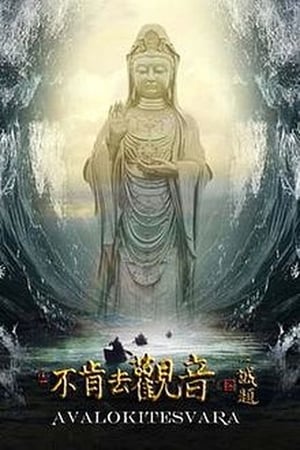 4.3
4.3Avalokitesvara(zh)
In the time of the Tang Dynasty, Yu Xiufeng, a porcelain maker from Mount Meicen, makes a ceramic statue of the Bodhisattva Avalokitesvara to consecrate at Mount Wutai to protect the princeling Li Yi.
 6.2
6.2China, My Sorrow(zh)
In August 1966, the Cultural Revolution in full swing, 13-year-old Tian Ben is arrested for playing a pop record; he's sent to a remote mountain camp in Niu-Peng. There he's called "Four Eyes" and, with about 16 other older boys and men, he's made to carry muck up a mountainside, make bricks, saw logs, and sing daily to Chairman Mao of his faults. There's camaraderie among the five youths, especially with a young pickpocket named Baimao, and Tian is also drawn to a silent monk who cares for him when he falls ill and the others expect him to die. The camp is remote, so there are no fences or walls. Tian longs to escape.
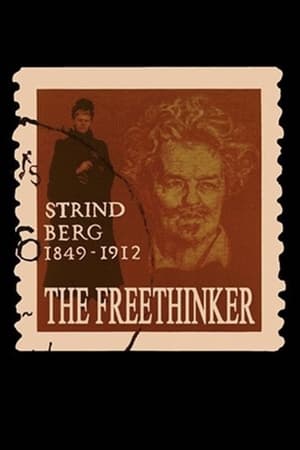 6.7
6.7The Freethinker(sv)
The film portrays the Swedish playwright, novelist, poet, essayist and painter August Strindberg's life 1849-1912. Through his extensive correspondence and literary production, from the supposed first work, the drama "The Free Thinker" (1869), to the posthumously published "The Occult Diary" (published 1977 ). But also his three wives, Siri von Essen, Frida Uhl and Harriet Bosse, and the children Karin, Greta and Hans are given space in the film. The unpublished first drama "The Free Thinker", depicts a young man forced to break with family and tradition to follow his conscience and ideals, becomes a prophecy about the author's own life.

